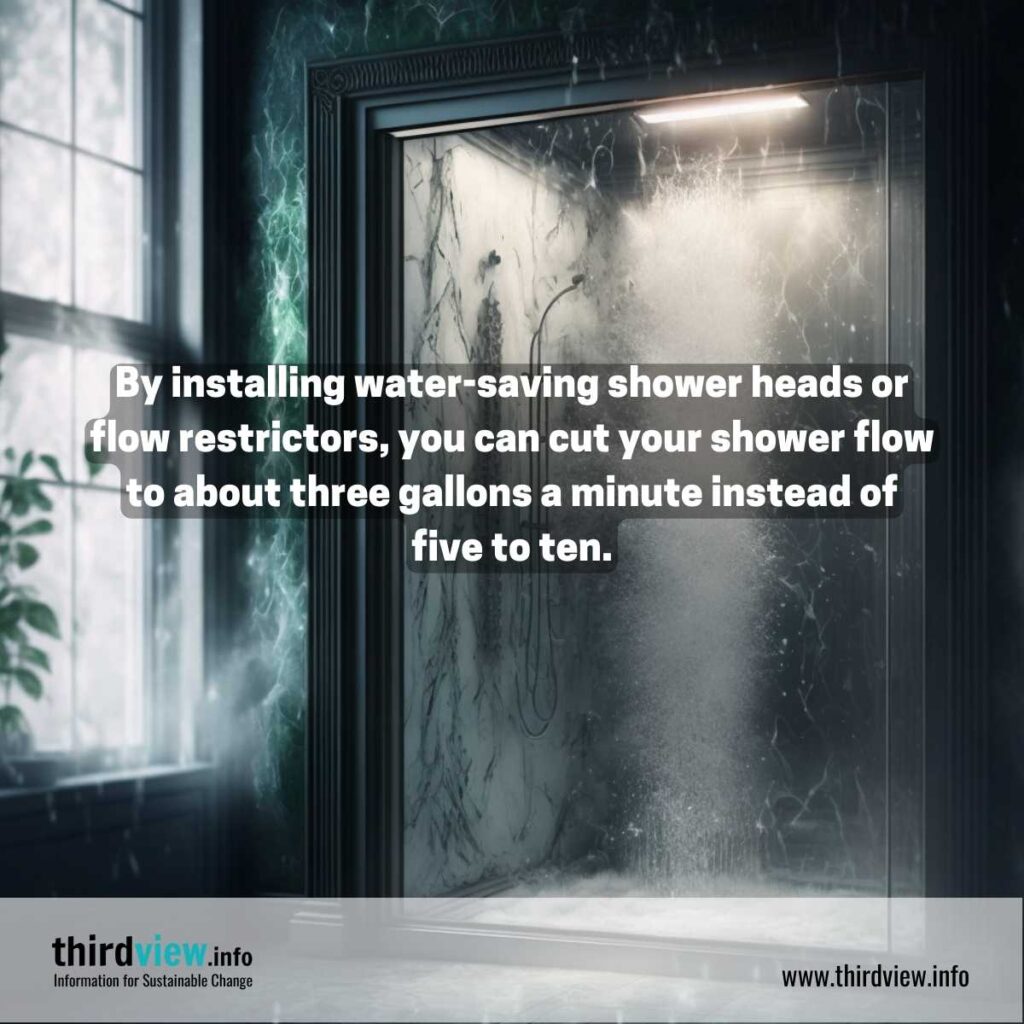Reclaim Waste Can Be Fun For Anyone
Reclaim Waste Can Be Fun For Anyone
Blog Article
Unknown Facts About Reclaim Waste
Table of ContentsThe 25-Second Trick For Reclaim WasteReclaim Waste for BeginnersEverything about Reclaim WasteNot known Factual Statements About Reclaim Waste What Does Reclaim Waste Do?
Check out the types, events, and forms of fluid waste. Residential sewage waste refers to the waste and products from a residential sewage-disposal tank. This sort of waste is produced by human beings in residences, schools, and various other buildings. This only consists of sewage-disposal tanks that have a drain field. The proper monitoring and disposal of domestic sewer waste call for fluid waste to be moved to a sewer therapy plant where the correct techniques and equipment are related to cleanse and get rid of waste.
Business waste usually includes possible risks, such as flammable products or a combination of fluid and solid waste items, and calls for an extra innovative and in-depth disposal procedure. The disposal of business waste normally includes the filtration of waste prior to transport to make sure safe and proper disposal. Industrial waste is produced from by-products and drainage of industrial procedures and production.
This kind of waste can not utilize the exact same sewer monitoring transport or processes as septic or business fluids. The hazardous waste management process calls for the inspection and screening of fluid waste prior to it undertakes the disposal procedure (liquid waste disposal melbourne). Runoff waste is the fluid waste that originates from runoff and excess stormwater in very populated locations or cities
Runoff waste can cause contamination and flooding if not taken care of properly. Discover more concerning sewage system cleansing and waste administration. Guaranteeing proper waste administration can protect against disasters and minimize ecological damage. Both individuals in domestic setups and experts in commercial or production markets can benefit from recognizing the procedures and laws of liquid waste administration.
What Does Reclaim Waste Mean?
Get in touch with PROS Services today to find out about our waste management and disposal solutions and the proper means to care for the liquid waste you produce.
(http://peterjackson.mee.nu/do_you_ever_have_a_dream#c2256)This so-called 'wastewater' is not just an essential source but, after treatment, will certainly be launched to our land, waterways or the sea. Used water from commodes, showers, bathrooms, cooking area sinks, washings and commercial procedures is recognized as wastewater.

water utilized to cool down equipment or tidy plant and equipment). Stormwater, a form of wastewater, is runoff that flows from agricultural and urban areas such as roofing systems, parks, yards, roads, courses and gutters right into stormwater drains, after rain. Stormwater moves untreated straight to local creeks or rivers, ultimately getting to the ocean.
How Reclaim Waste can Save You Time, Stress, and Money.
In Queensland, the majority of wastewater is dealt with at sewer therapy plants. Wastewater is moved from domestic or industrial sites with a system of sewage systems and pump terminals, understood as sewage reticulation, to a sewer treatment plant.
The Department of Natural Resources recommends regional governments concerning managing, operating and maintaining sewage systems and therapy plants. In unsewered areas, city governments might require homeowners to mount specific or family sewage treatment systems to deal with residential wastewater from toilets, kitchen areas, bathrooms and washings. The Department of Natural Resources authorises the use of family systems when they are verified to be effective.
In some new subdivisions, therapy of some stormwater to remove clutter, sand and gravel has begun utilizing gross pollutant traps. Wastewater treatment happens in four stages: Gets rid of solid issue.
Wastewater then flows right into large containers where solids settle and are gotten rid of as sludge. Grease and scum are skimmed from the surface area. Uses small living microorganisms called micro-organisms to damage down and remove staying liquified wastes and great particles. Micro-organisms and wastes are integrated in the sludge. Gets rid of nitrogen and phosphorus nutrients that might cause algal blooms in our waterways and endanger marine life.
The Ultimate Guide To Reclaim Waste
Nutrient elimination is not readily available in all sewer treatment plants due to the fact that it requires costly specialised tools. It is coming to be much more common in Queensland. Clear fluid effluent created after therapy may still contain disease-causing micro-organisms. If this effluent is released into rivers such as rivers or the sea, the micro-organisms will ultimately pass away out.

This generally implies wastewater needs to be treated or impurities removed before it can be released to waterways. Many wastewater flows right into the sewerage system. Under the Act, city governments carry out these details authorizations and licences for environmentally pertinent tasks (Periods) including wastewater releases that could have a regional effect. The division provides authorizations and permits to ERAs entailing wastewater launches that may have a regional or statewide effect.
About Reclaim Waste
Otherwise, samples are taken for research laboratory evaluation. Commonly numerous examinations are required to establish the degrees of each of the various toxins such as oils, hefty metals and pesticides in water. Tracking provides accurate info regarding water top quality and can validate that licence conditions are being satisfied. The info gotten via monitoring offers the basis for making water quality decisions.
Report this page